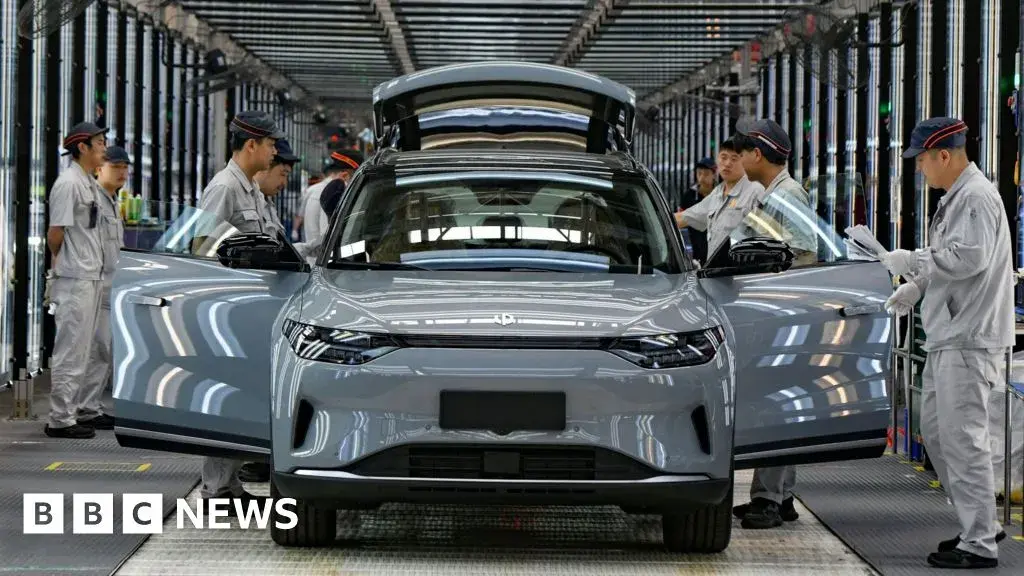- cross-posted to:
- [email protected]
- [email protected]
- globalnews
- cross-posted to:
- [email protected]
- [email protected]
- globalnews
President Joe Biden has been urged to ban imports of Chinese-made electric cars to the US.
The chair of the Senate Banking Committee, Senator Sherrod Brown, wrote “Chinese electric vehicles are an existential threat to the American auto industry”.
His comments are the strongest yet by any US lawmaker on the issue, while others have called for steep tariffs to keep Chinese electric vehicles (EV) out of the country.
In February, the White House said the US was opening an investigation into whether Chinese cars pose a national security risk. At the time, President Biden said that China’s policies “could flood our market with its vehicles, posing risks to our national security” and that he would “not let that happen on my watch.”



@[email protected]
One more recent investigation by Rhomberg Group refers to China’s overcapacity and calling it ‘structural’, saying that
Another new study by German researchers in Kiel on Chinese subsidies has been posted by someone here just today on Lemmy.
We have been observing a massive price war within China’s domestic EV market for some time. Many EV car producer have already filed for bankruptcy or are on tbe bring of collapse. Consequently, many Chinese customers are unable to access after-sales and software maintenance services.